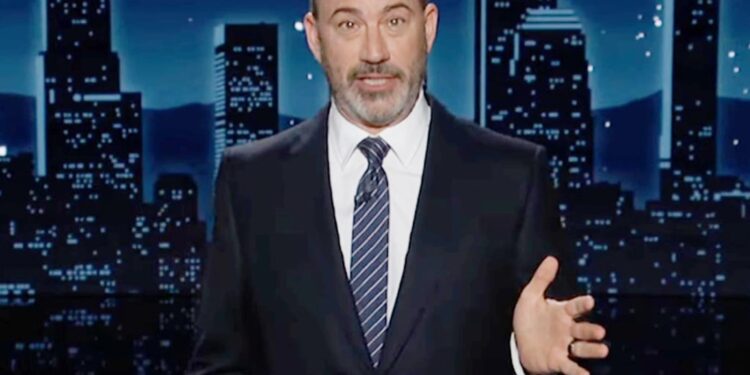The suspension of American late-night host Jimmy Kimmel after sharp political commentary has sparked a national debate about freedom of speech, with critics warning that the United States risks mirroring tactics long associated with authoritarian regimes in countries such as Egypt, Turkey, and India.
A comedian silenced
Kimmel, one of America’s most recognisable television personalities, has built his reputation on sharp satire and political humour. His removal from the airwaves following pointed remarks about government policy has been widely perceived as an alarming step against dissenting voices in mainstream media. While his network cited “contractual and editorial” grounds, the timing has raised questions about political pressure and the narrowing space for critical perspectives in American entertainment.
Parallels to global authoritarian trends
Observers have drawn parallels between Kimmel’s suspension and actions by governments abroad that have sought to curtail critical media. In Egypt, television comedians such as Bassem Youssef were silenced for mocking the political establishment. In India, journalists and satirists have faced increasing legal and political hurdles, accused of undermining national unity. In Turkey and Russia, independent broadcasters have been stripped of licences and pressured into compliance. Critics argue that the US, long a defender of free speech, now risks following a similar trajectory.
Chilling effect on public discourse
Analysts warn that silencing high-profile media figures can create a chilling effect across the entertainment and journalism sectors. Producers, writers, and broadcasters may become more cautious in addressing sensitive political subjects, leading to self-censorship. This dynamic not only narrows the range of viewpoints available to the public but also weakens the role of satire and commentary as tools of democratic accountability.
Political polarisation deepens
The episode also reflects the deepening political divide in the United States. Supporters of Kimmel argue that comedy and critique are essential components of free expression, while detractors insist that entertainers should avoid politics. The broader concern, however, is whether political influence is increasingly shaping what can and cannot be said on national platforms, undermining the principle of independent media.
Implications for democracy
The silencing of a comedian may seem less consequential than the suppression of journalists or opposition figures, yet history suggests otherwise. Authoritarian regimes often begin by targeting cultural and entertainment figures whose influence extends to mass audiences. If the US continues down this path, the country risks eroding its longstanding commitment to open debate and robust criticism.
Newshub Editorial in North America – 20 September 2025




Recent Comments